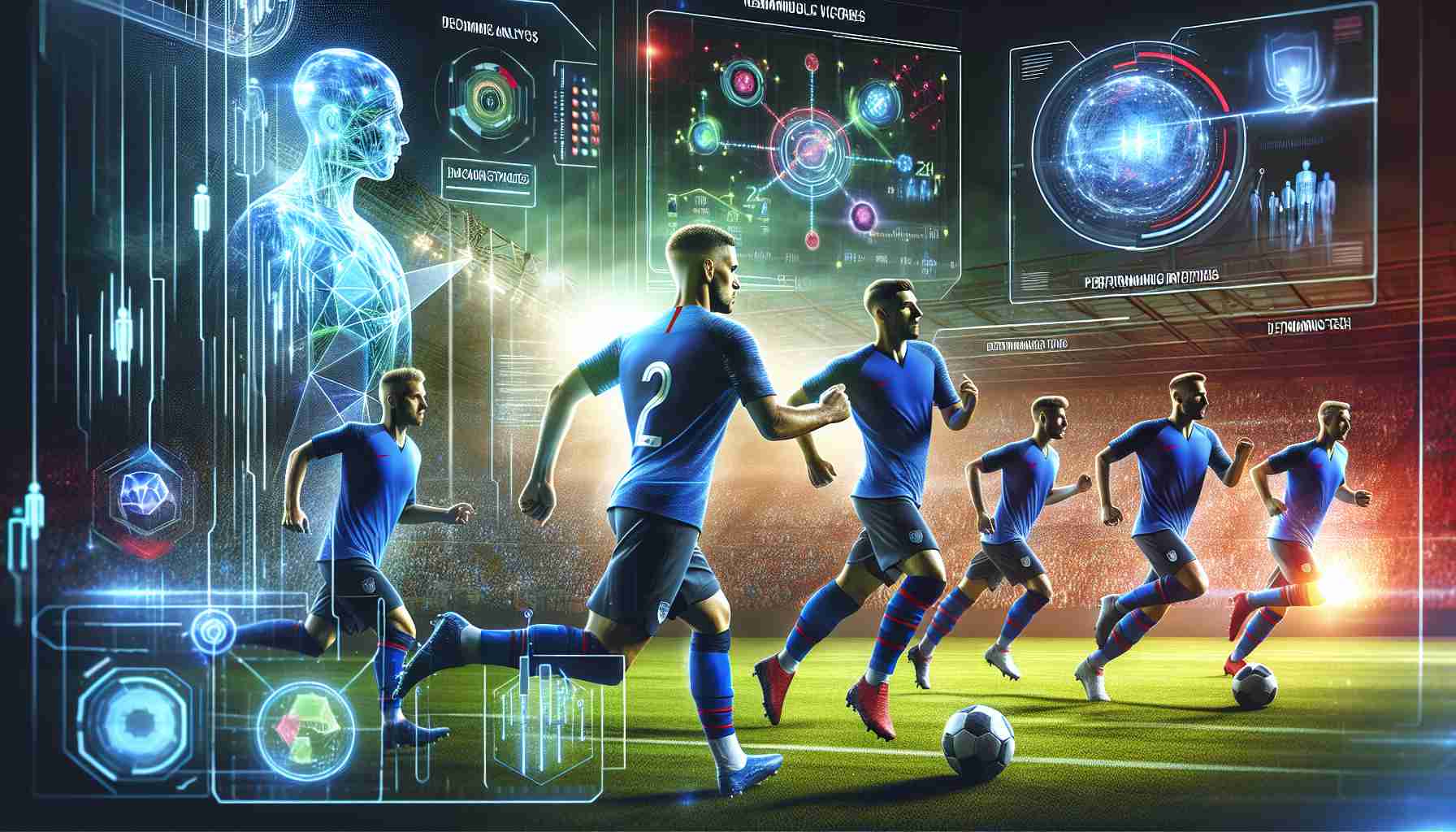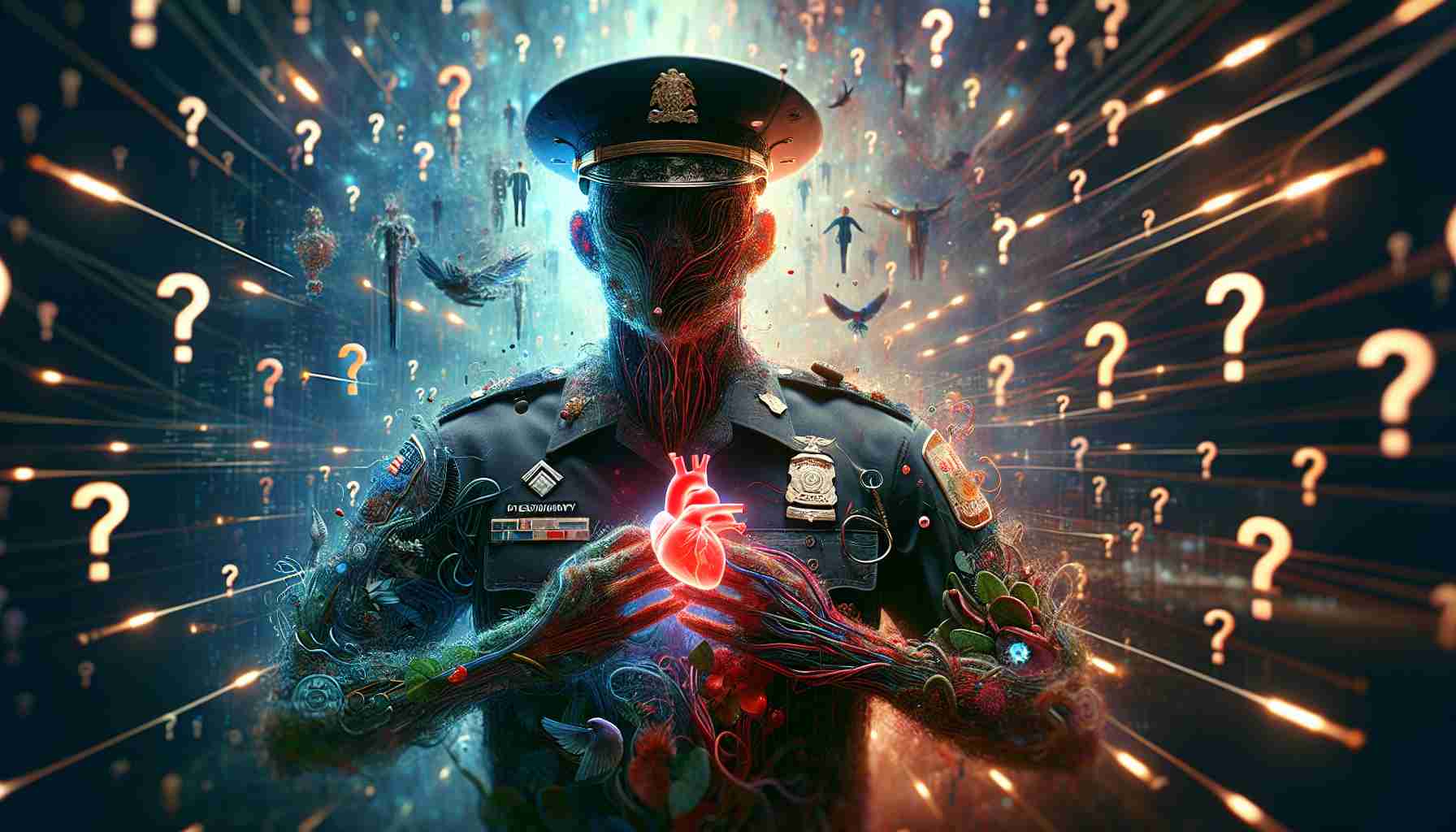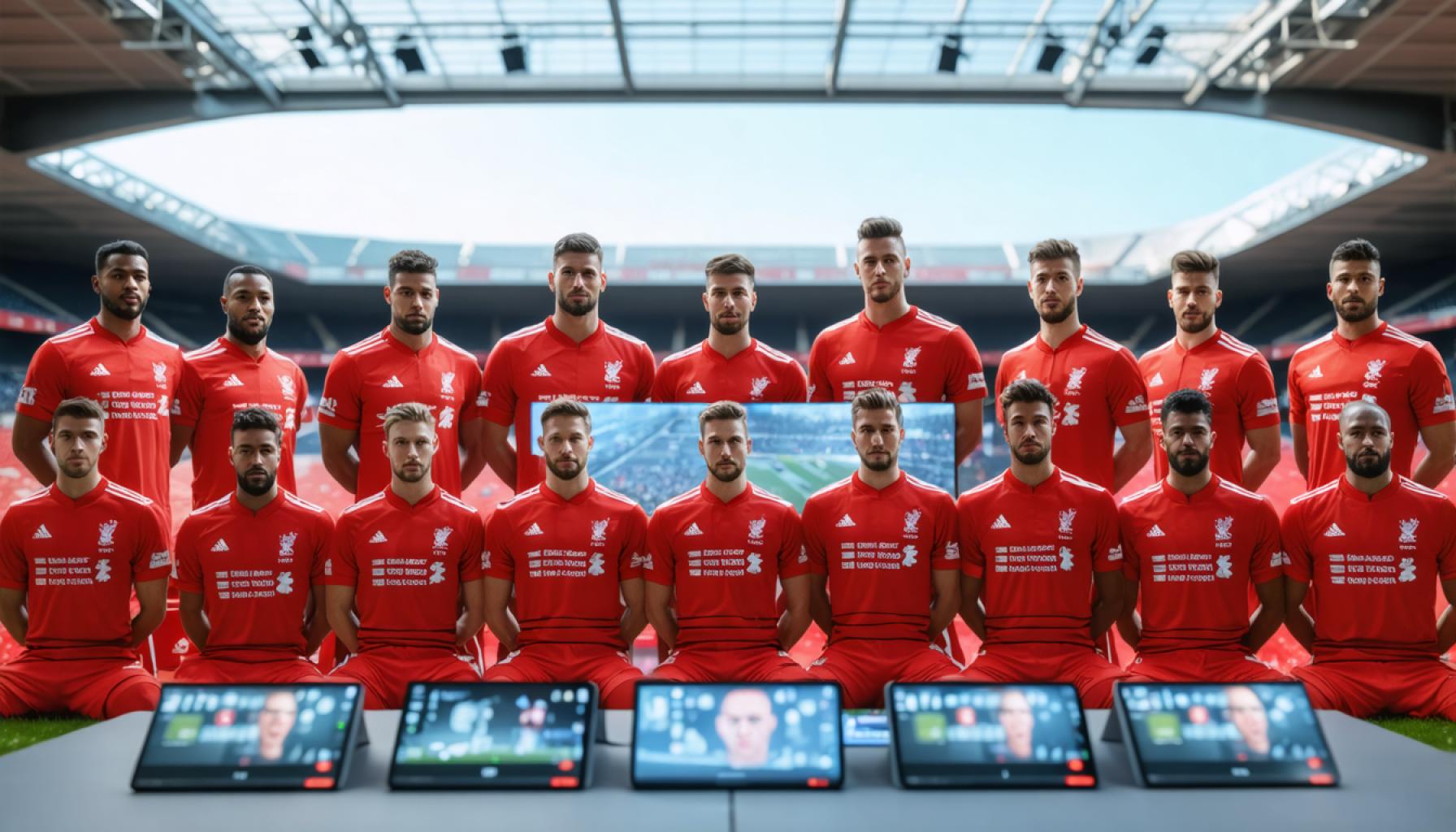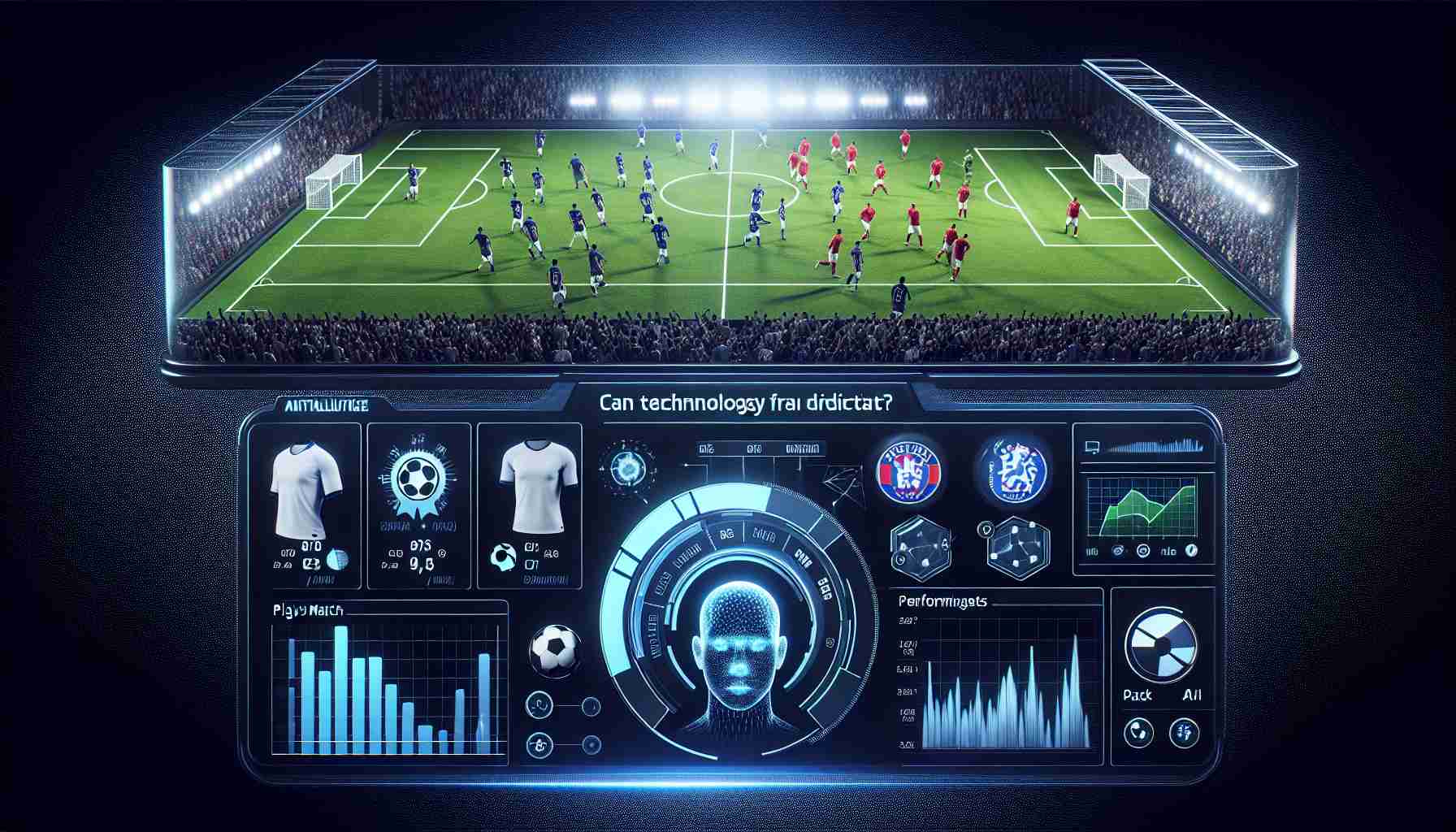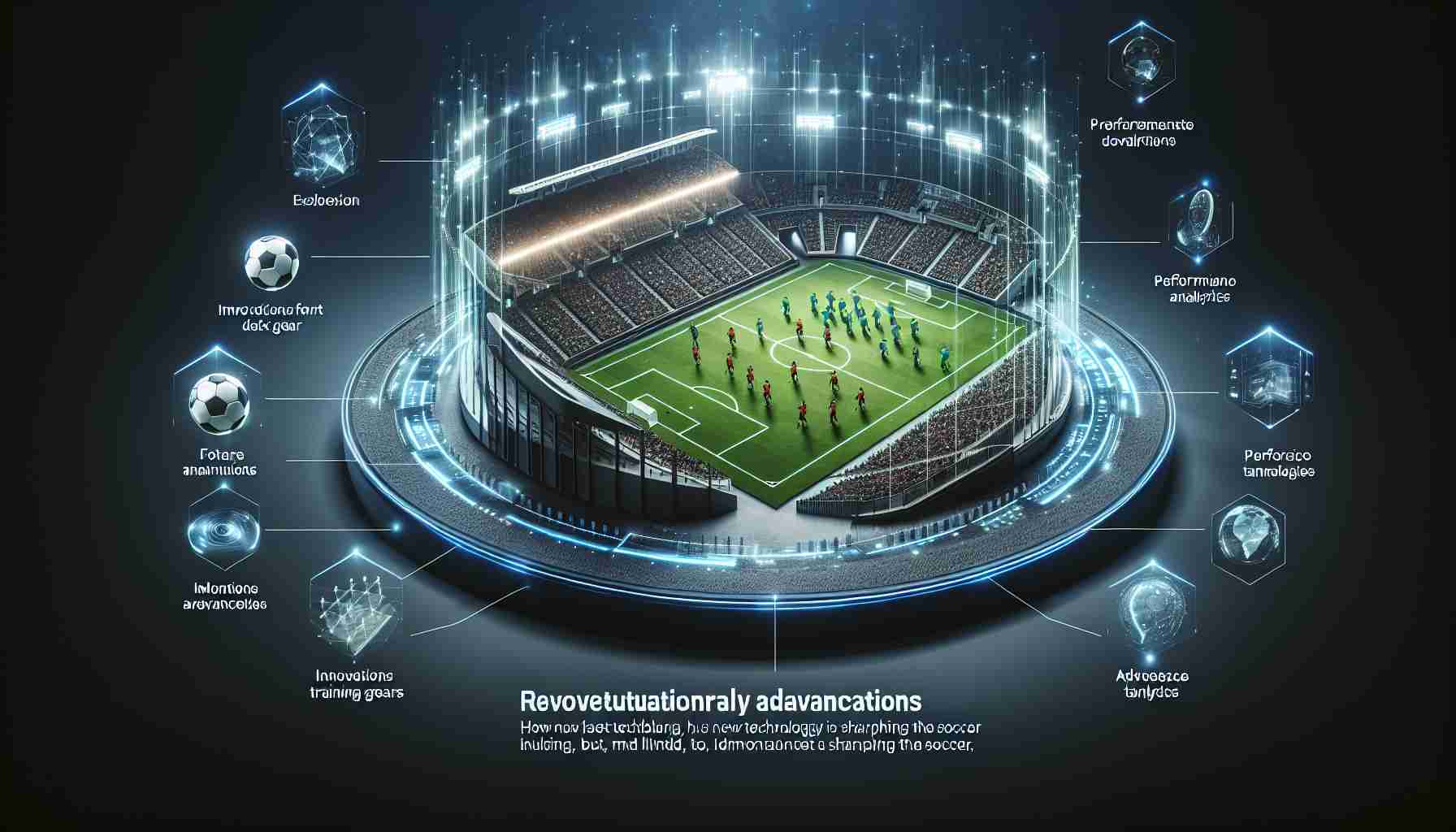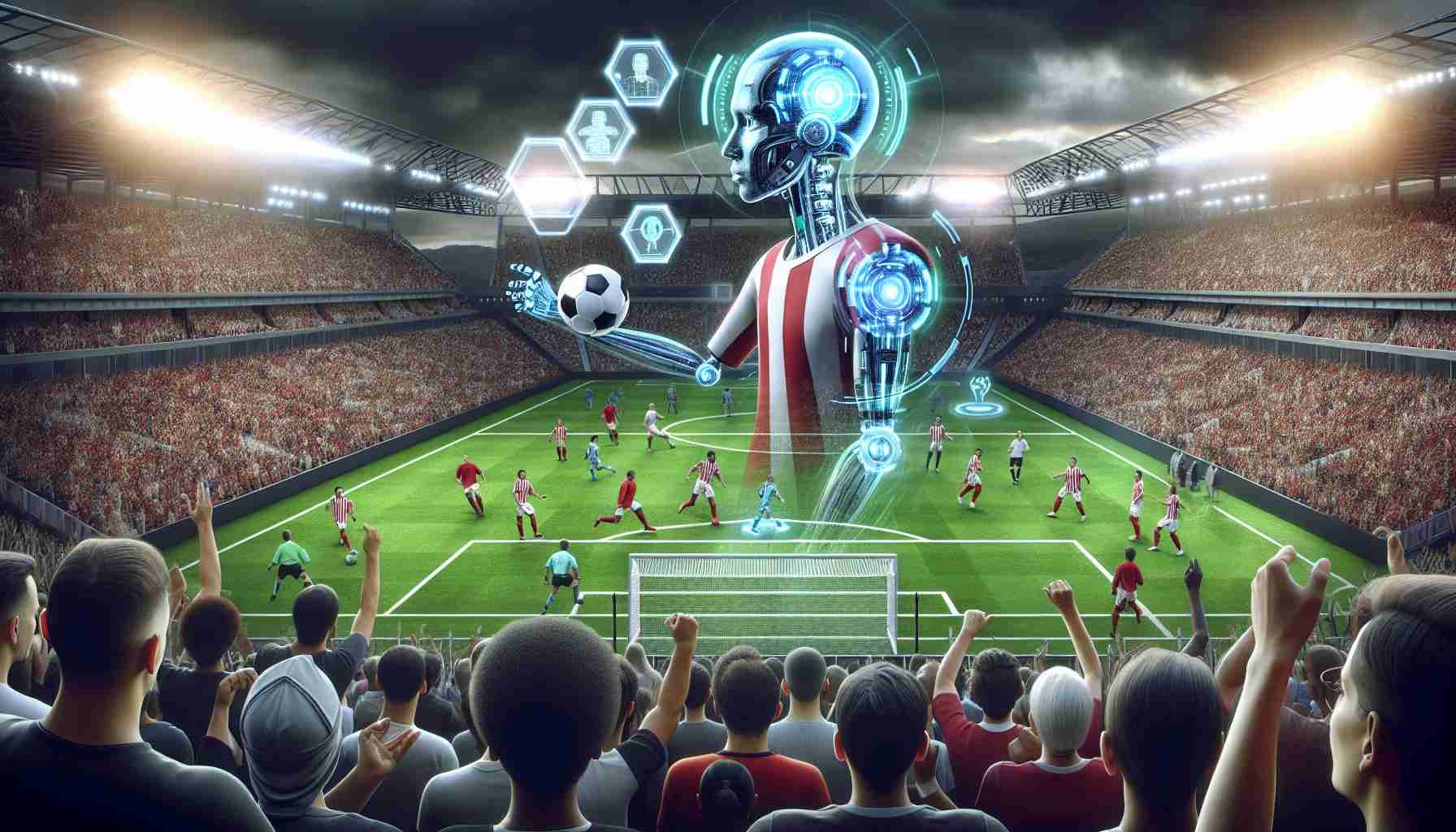In a groundbreaking move within the football community, Breford FC has embraced cutting-edge Artificial Intelligence (AI) technologies to redefine their gameplay strategies. This pivotal step sets a precedent for clubs worldwide, positioning Breford FC as a leader in sports innovation.
To elevate team performance, Breford FC has implemented an AI-driven analytics platform that provides real-time data analysis on both team and individual player performance. This technology offers instantaneous insights into players’ physical conditions, enabling precise adjustments during matches. The AI system evaluates vast datasets—from players’ biomechanics to strategic play patterns—enhancing decision-making processes for coaches.
Furthermore, Breford FC’s adoption of AI extends beyond the field. They have integrated virtual reality (VR) tools for player training, revolutionizing skills development. This immersive technology allows players to simulate match-day scenarios, improving tactical awareness and reflexes without the physical strains of traditional training.
Supporters of Breford FC can also experience the technological advancements. The club’s AI-powered mobile app offers fans personalized content, including augmented reality experiences at matches and tailored notifications based on personal viewing habits.
The commitment to using AI marks a significant evolution not only for Breford FC but also reflects a broader shift in how clubs might operate in the future. As the world increasingly intertwines with technology, the success of Breford FC hints at a new era in football—where innovations off the pitch dictate triumphs on it.
The AI Revolution in Football: Implications for the Future
The integration of artificial intelligence into Breford FC’s gameplay strategies is not just a landmark achievement for the club but a reflection of how AI is reshaping the sports industry and potentially impacting various aspects of society. This shift towards technology-enhanced sports offers an intriguing blueprint for the environment, humanity, and the economy, with ripple effects likely to influence the future of humanity.
Environmental Impact
The adoption of AI in sports like that of Breford FC promotes more efficient resource use during training and matches. With AI-driven analytics, teams can fine-tune their training programs, leading to reduced resource wastage. The integration of virtual reality tools for training lessens the need for extensive physical materials and space, consequently diminishing the carbon footprint associated with traditional training infrastructure. This efficient resource management can serve as a model for environmentally responsible approaches in other industries.
Impact on Humanity
The use of AI and VR in player training is not just about optimizing performance but also about enhancing player health and wellbeing. By analyzing biomechanics and offering virtual training platforms, AI can help reduce physical strain and injury risk among athletes. Such technologies could herald a new era of safer sports practices, contributing positively to the longevity and quality of life for athletes. Beyond the sporting world, the emphasis on AI-driven health monitoring could lead to wider applications in healthcare, improving predictive health diagnostics and personalized treatments for broader societal benefits.
Economic Implications
Financially, AI’s integration within sports can lead to significant economic transformations. As clubs like Breford FC leverage technology for competitive advantage, investing in AI becomes a strategic necessity rather than an optional expense. This trend may spur economic growth within tech sectors as demand for AI solutions surges. Simultaneously, clubs harnessing AI can attract greater sponsorships and fan engagement, driving up revenues and possibly setting a new economic standard for the sporting industry.
Global Influence and Future Outlook
On the global stage, Breford FC’s innovations might inspire a technological arms race in sports, compelling clubs worldwide to invest heavily in AI. This widespread adoption could democratize competitive sports, allowing underdog teams access to cutting-edge tools to challenge established giants. In a broader context, the embrace of AI in sports acts as a microcosm for future societal transformations, where technology becomes deeply embedded in daily life, redefining industries and enhancing human potential.
As the integration of artificial intelligence in football exemplifies, the future of humanity is inextricably linked with technological advancement. By harnessing AI, humanity can pioneer more sustainable, inclusive, and efficient systems, not just within sports but across countless areas of human endeavor. Breford FC, in essence, symbolizes the dawn of an era where human ingenuity and artificial intelligence coalesce to create a more innovative and forward-thinking world.
The Future of Football: How AI is Reshaping the Beautiful Game
In the ever-evolving world of sports, technology is becoming a game-changer. Recent innovations at Breford FC showcase how Artificial Intelligence (AI) is transforming the football landscape, not only enhancing performance on the field but also altering the fan experience. Let’s delve into how these technological advancements are making waves in the football community.
AI-Driven Insights: A New Era for Performance Analytics
Breford FC’s use of AI-driven analytics is redefining performance evaluation in football. This system processes extensive datasets to provide real-time insights into player conditions and game dynamics, offering coaches a strategic edge. By leveraging biomechanics and play pattern data, coaches can make informed decisions that optimize team performance. Moreover, players benefit from instant feedback, allowing them to adjust their playstyle mid-game—showcasing the potential of AI to elevate in-game strategies.
Virtual Reality: Revolutionizing Player Training
The integration of virtual reality (VR) into Breford FC’s training regimen offers a glimpse into the future of sports preparation. Unlike traditional methods, VR immerses players in simulated match scenarios, enhancing their tactical awareness without the risk of physical injury. This technology is pivotal in honing player reflexes and decision-making skills, enabling athletes to practice in a controlled yet dynamic environment.
Enhancing Fan Engagement through Technology
Fans of Breford FC have more than just the on-field action to look forward to. The club’s AI-powered mobile app delivers personalized content, enhancing the overall matchday experience. Features like augmented reality views within stadiums and custom notifications based on user preferences exemplify the personalization potential of AI in sports. Fans can now engage with the game in unprecedented ways, creating a more immersive and interactive experience.
The Broader Implications: A Glimpse into Football’s Future
The adoption of these technologies by Breford FC signals a wider shift in the football world, where cutting-edge practices may set a new standard for clubs globally. As AI and VR continue to evolve, their integration into sports suggests a transformative era where technological advancements dictate victories on the pitch. This progression points towards a future where the synergy between humans and machines could redefine competitive sports.
For more insights into technological innovations across various industries, visit Google.
